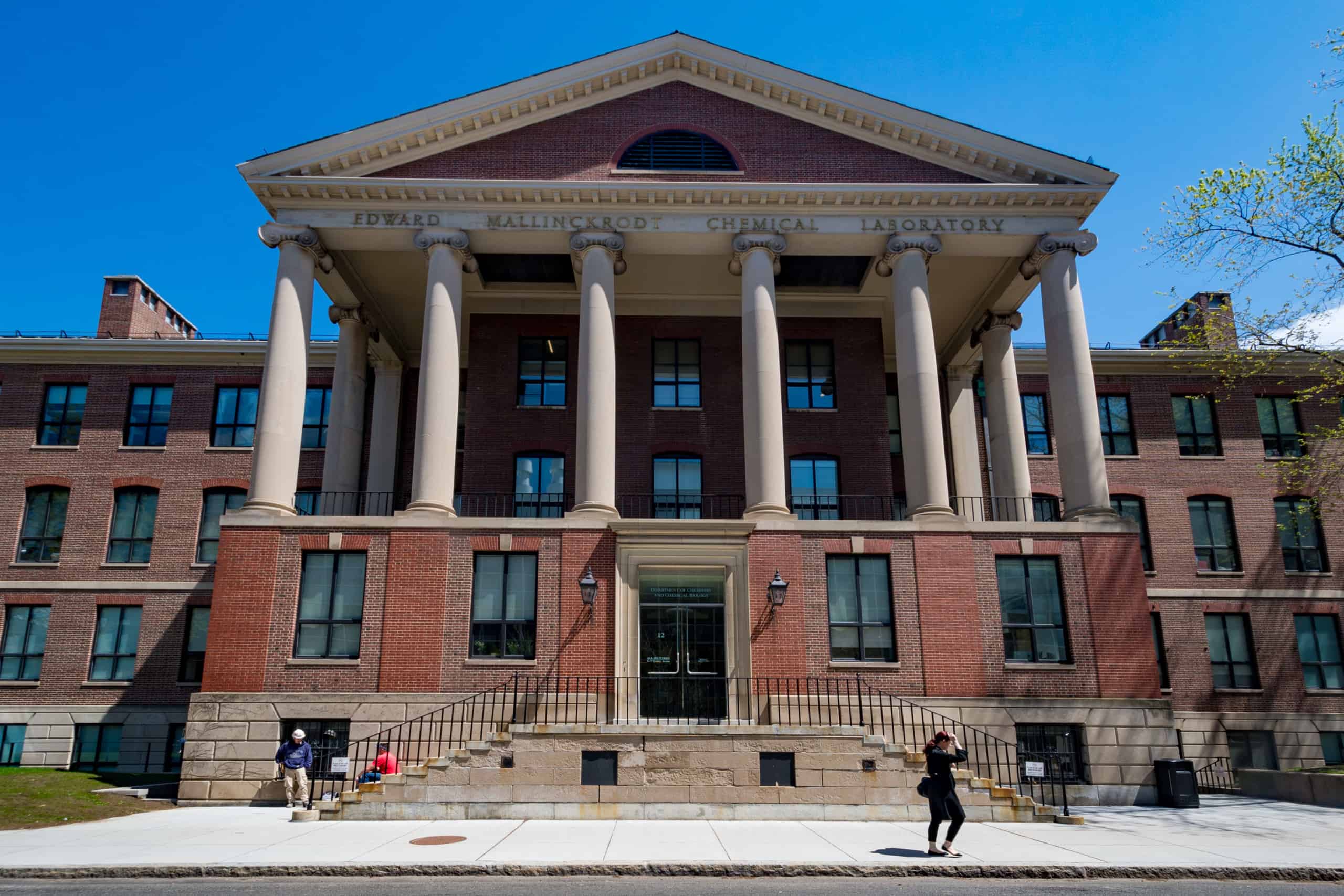
Credit: xiquinhosilva, Creative Commons
Good evening. Whether it’s in-person or virtual, school is back in session, and we’ve got questions. Lots of them. First up, what exactly happened with Harvard’s Charles Lieber and the Thousand Talents Program? And why is there so much Chinese money in American academia? Also, how did the Chinese government cobble together an 8% stake in Ant Group? And what’s behind Xi’s counterintuitive “empty plates” campaign? Lastly, who was Tank Man — and is the rebellious spirit of Tiananmen a thing of the past? If you want answers and you’re not already a paid subscriber to The Wire, please sign up here. For the next 24 hours, we’re offering 20% off with the code LaborDay2020.
Want this emailed directly to your inbox? Sign up to receive our free newsletter.
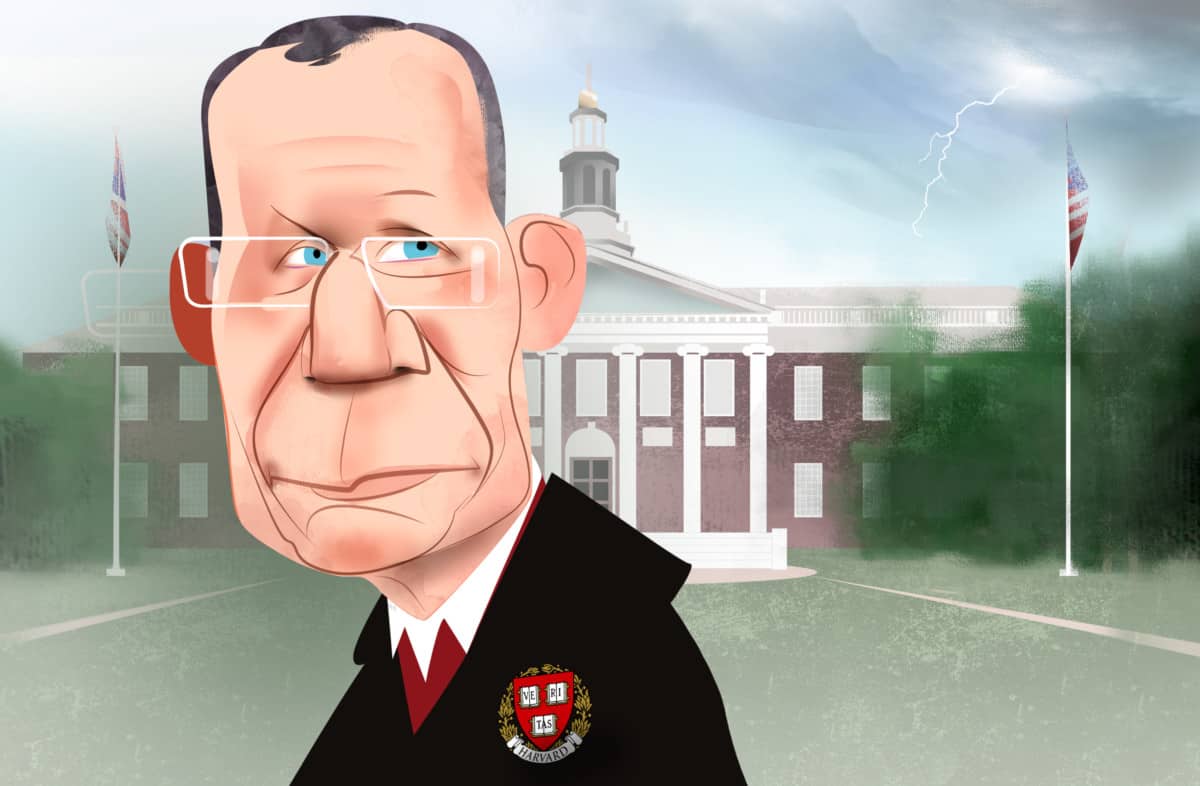
Hidden Talents
Almost from the moment he entered academia, Charles Lieber has been a scientific trailblazer, fêted and celebrated by institutions around the world. As early as 2008, when he was just 49 years old, Lieber was being discussed as a likely Nobel Prize winner for his work in nanotechnology. But around that same time, those accomplishments also made him a tantalizing recruit for a then-little-known Chinese initiative called the Thousand Talents Program — a program that U.S. prosecutors now claim acts as a conduit for intellectual property theft, illegal tech transfer, and other crimes. Now that Lieber has been arrested, Alex Palmer reports, everyone has questions about the Thousand Talents Program — perhaps no one more than Lieber himself.
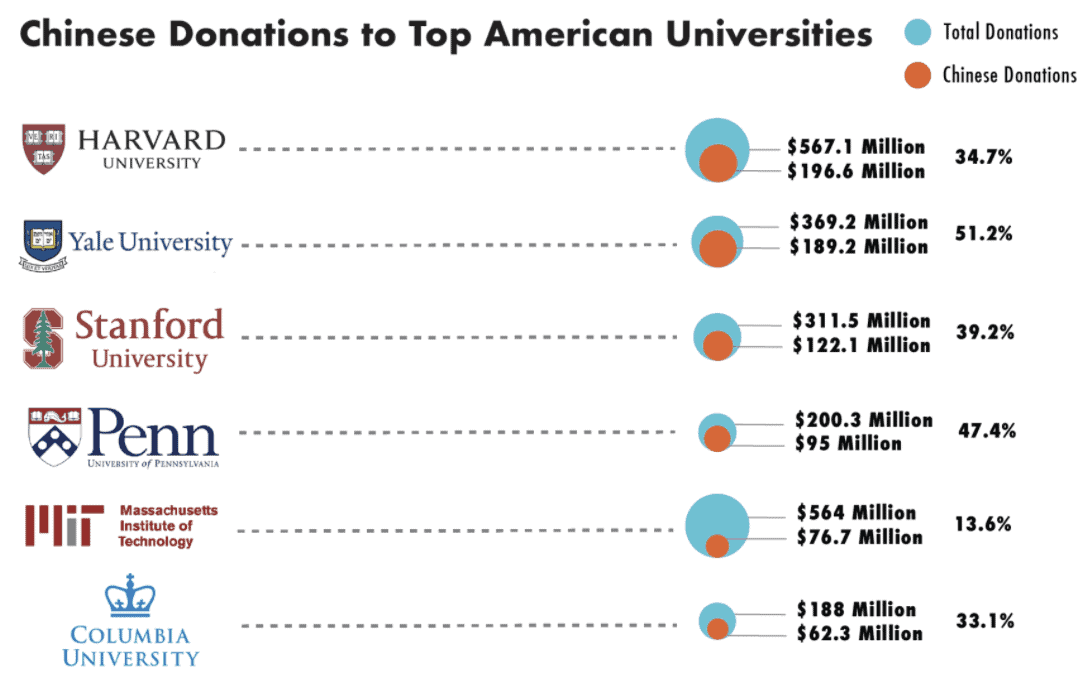
Data: U.S. Department of Education
The Big Picture: China’s Investment in U.S. Universities
American universities have reported more than a billion dollars in gifts from China and Hong Kong since 2014, making China their largest source of foreign donations. During that same period, some U.S. government agencies and American academics themselves have grown increasingly concerned about China’s influence within U.S. academia. This week, our data graphics take a look at what we know about China’s funding of American universities.
A Q&A With Ha Jin
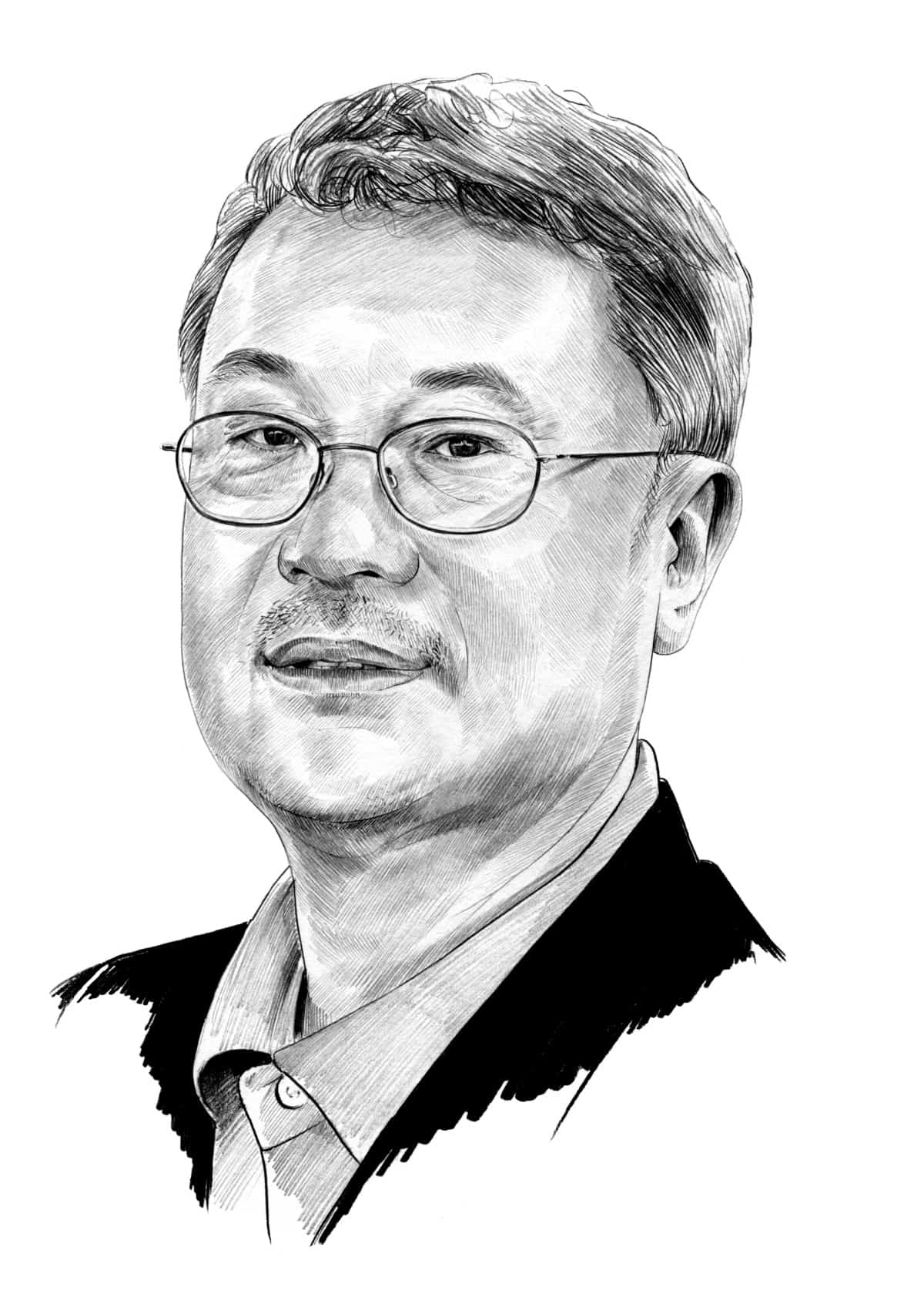
Ha Jin is the author of several acclaimed novels, including Waiting, winner of the 1999 National Book Award, and War Trash, a 2005 finalist for the Pulitzer Prize in fiction. In this week’s interview with The Wire’s David Barboza, he discusses the forgotten spirit of “Tank Man,” from Tiananmen Square, and reflects on his own exile from China.
Ha Jin
Illustration by Lauren Crow
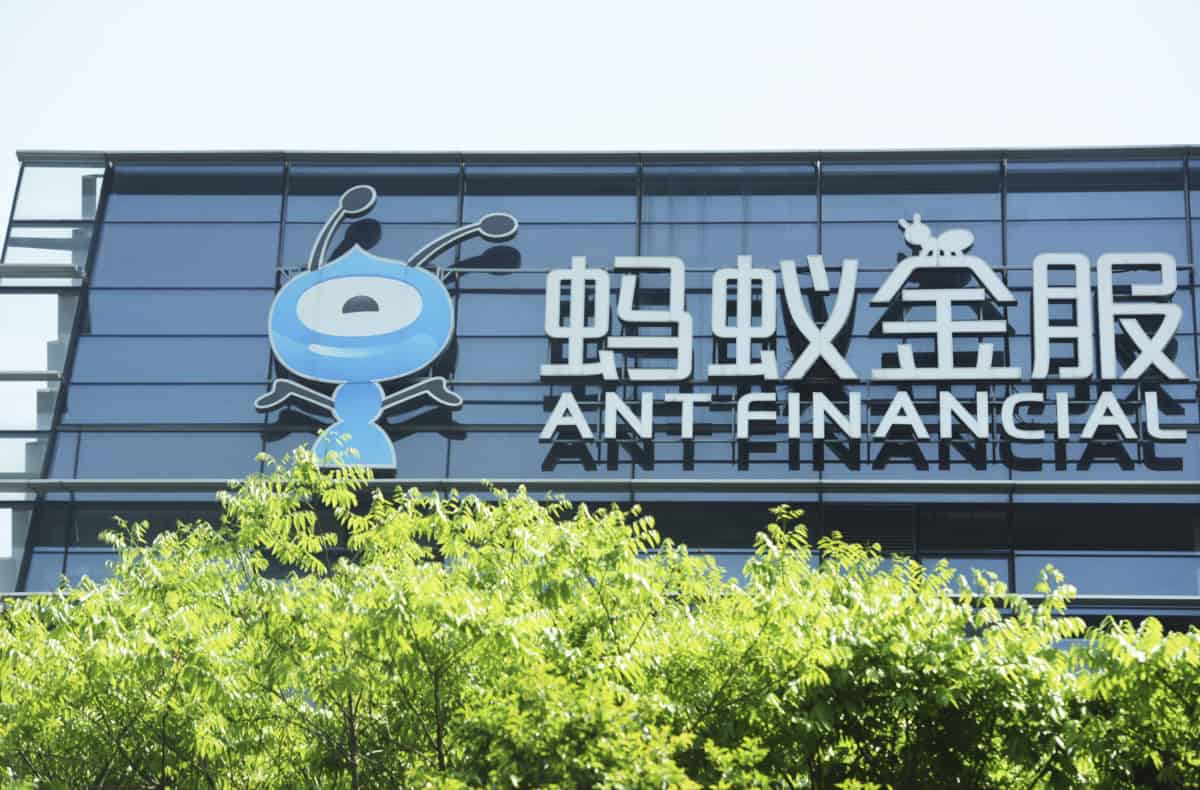
Credit: Imaginechina via AP Images
Beijing’s Big Ant Bet
When Ant Group, the Chinese fintech giant, goes public next month, it’s expected to raise $30 billion to become the largest initial public offering in history. That means its stakeholders, which include the Chinese government, stand to make a whole lot of money. Using data from WireScreen, the data arm of The Wire that maps China’s business landscape, Hannah Reale shows how the Chinese government acquired an 8 percent stake in Ant Group.

Credit: Kristoffer Trolle, Creative Commons
What’s Really Behind China’s Sudden Crackdown on Food Waste
Just as consumers began returning to restaurants for their first meals in months, Chinese leader Xi Jinping began a campaign of austerity, ordering all of China to reduce its “wasteful eating and drinking.” With much of the world relying on vast stimulus packages to help the economy get back on its feet, The Wire columnist Victor Shih writes that Xi’s move makes almost no sense from an economic perspective. In fact, Shih argues, the “empty plates” campaign only makes sense if China’s leadership thinks there will be an even greater shock to the global trading system in the months ahead.
Subscribe today for unlimited access, starting at only $19 a month.



